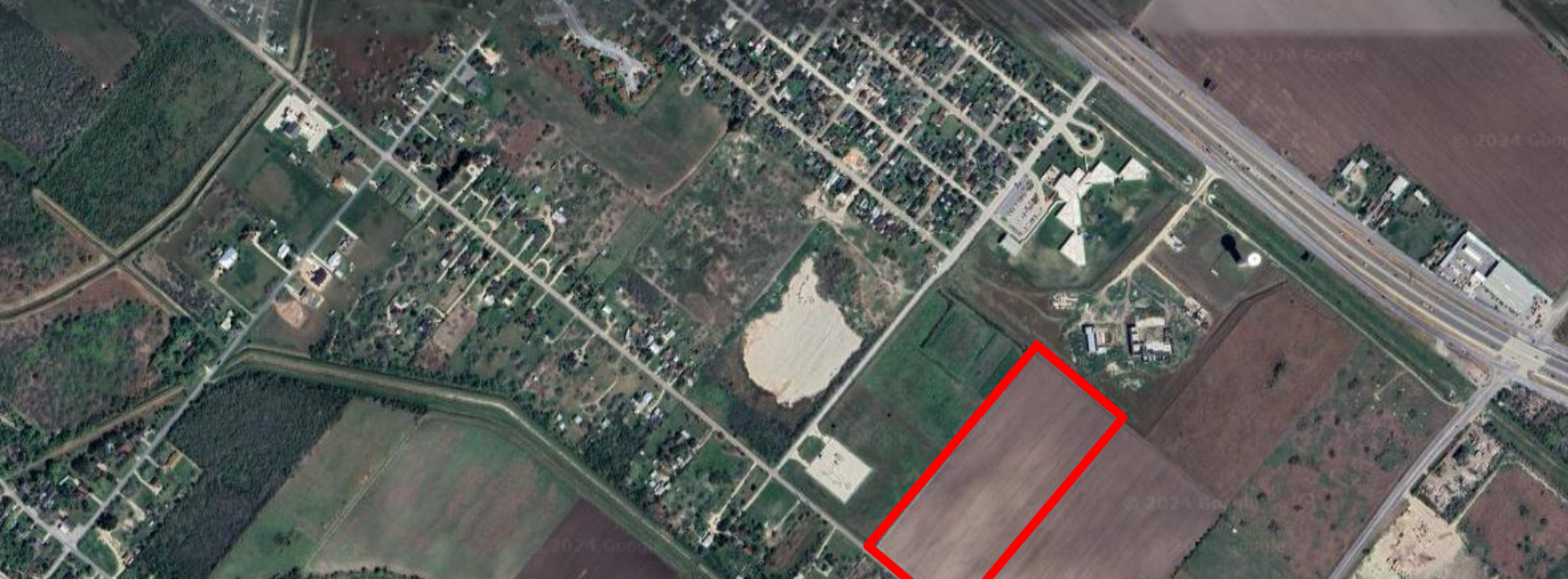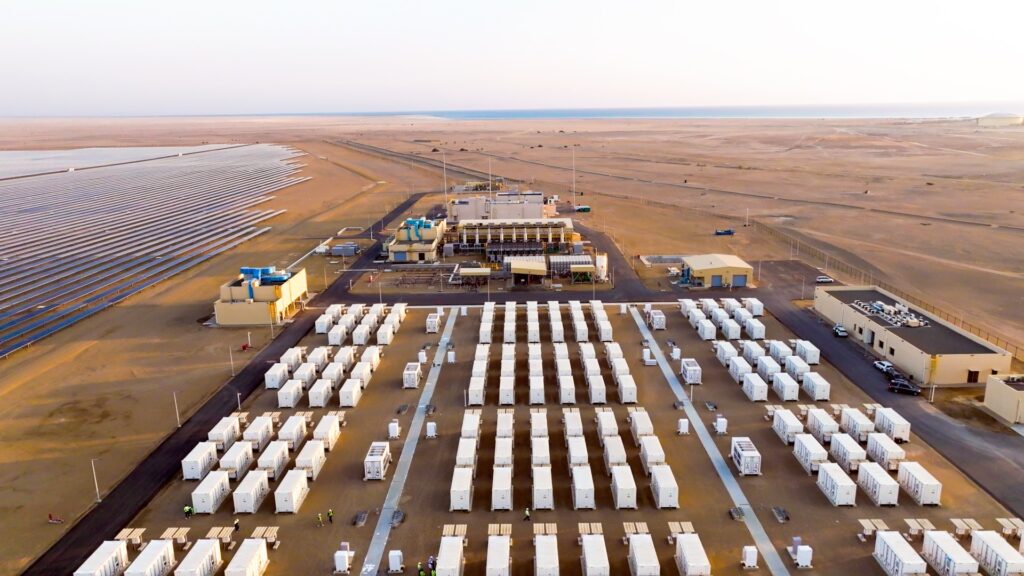Texan city of San Benito follows trend of rejecting batteries in residential areas

With some Californian communities opposing applications for utility-scale batteries in or near residential zones, the south Texan city of San Benito has also rejected plans for a 9.9 MW/22 MWh facility 100 foot away from an elementary school.
City commissioners voted unanimously to reject the application made by Stella Energy Solutions, despite company spokesperson Brian Yarbrough’s claim all of the battery fires which have occurred around the world involved a different chemistry from the lithium ferro-phosphate (LFP) systems his company had proposed in San Benito.
“The lithium iron phosphate batteries we use in our facilities have had no accidents,” Yarbrough told a San Benito Commission meeting on September 3, 2024. “The explosions, the fires, the thermal runaways that we’ve seen has been with a different chemistry entirely. It’s the one in the Samsung tablets that they won’t allow on planes, and those little hoverboards. It’s a nickel-manganese-cobalt chemistry. It’s a South Korean product that has been responsible for all of the fires.”
Fire protection
Yarbrough said all of Stella’s battery storage projects complied with the National Fire Protection Agency’s standard 855 for such installations. Referring to a statement made at the meeting by the owner of a property next to the proposed battery site, that batteries contained environmentally-harmful materials, the Stella spokesperson said batteries emitted no pollutants during operation.
Yarbrough concluded, “We certainly don’t want a project to go in that the community’s not excited about, that the city’s not excited about.”
Neighbors of the proposed battery site, off Interstate 69, pointed to the dangers of thermal runaway and the emission of toxic fumes during battery fires which had occurred elsewhere in the US and worldwide. A former educator and former San Benito mayor said other, more industrial sites were available for the battery.
Commissioner Deborah A. Morales said a local fire chief had told San Benito’s zoning and planning committee meeting about the application, that its ability to deal with a battery fire would be limited.
“If something, God forbid, was to happen — an explosion — would we have the capability to do anything about it?” said the commissioner, who proposed the motion to refuse Stella’s application for the CUP necessary to install the battery elsewhere than in an industrial zone.
The commission heard a separate battery energy storage applicant had secured a CUP for a site outside an industrial zone, in 2022, but had been instructed to return before the board within five years. That applicant is understood to now be considering installing a battery in an industrial zone for which no CUP would be required.













